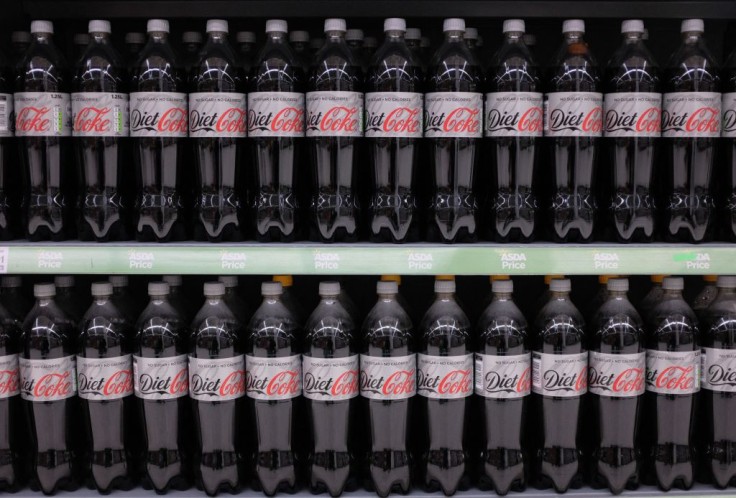
The world is witnessing a heated debate over the safety of the common artificial sweetener, aspartame, found in popular products like Diet Coke and various sugar-free foods and drinks.
Reuters reported that the World Health Organization (WHO) has recently classified aspartame as a "possible carcinogen," suggesting a potential cancer risk. However, the U.S. Food and Drug Administration (FDA) maintains its stance, stating that there is no convincing evidence to support the carcinogenicity of aspartame.
This conflicting information has ignited a widespread discussion on the implications and safety of this widely-used artificial sweetener.
WHO Raises Concerns over Aspartame's Carcinogenic Potential
The International Agency for Research on Cancer (IARC), a group within the WHO responsible for identifying cancer-causing agents, has classified aspartame as "possibly carcinogenic."
While this categorization indicates the presence of some evidence linking aspartame to cancer in humans, the IARC emphasizes that the evidence is inconclusive.
According to NBC News, Mary Schubauer-Berigan, the acting head of the IARC Monographs program, clarifies that the classification does not imply that consuming aspartame will inevitably cause cancer, as the relationship between exposure to a carcinogen and cancer development is complex.
However, the FDA disagrees and upholds Aspartame's safety. In contrast to the WHO's classification, the FDA maintains its position that aspartame does not pose a significant cancer risk.
The FDA emphasizes that aspartame is one of the most extensively studied food additives in the human food supply. The agency's scientists have not identified any safety concerns when aspartame is consumed within approved conditions.
In a statement, the FDA expresses confidence in the established acceptable daily intake (ADI) of aspartame, which sets limits on the amount that can be safely consumed. The ADI for aspartame is notably high, allowing for considerable consumption without surpassing the recommended threshold.
Navigating the Gray Area: Balancing Consumption and Moderation
Amidst the conflicting stances, the WHO clarifies that their advisory is not intended to prompt companies to withdraw products containing aspartame or urge individuals to completely avoid its consumption.Rather, the WHO emphasizes the importance of moderation in consumption.
According to WHO, Francesco Branca, the director of the WHO's Department of Nutrition and Food Safety, highlights the need for individuals to exercise sensible intake of aspartame-based products.
While the IARC raises concerns and the FDA remains firm on aspartame's safety, the Joint FAO/WHO Expert Committee on Food Additives (JECFA) provides additional insight.
The JECFA, responsible for evaluating the safety of food additives, concludes that there is currently no need to alter the recommended limit of aspartame consumption due to the limited evidence available. The committee reinforces the existing ADI, which sets a high threshold for daily aspartame intake.
Despite the ongoing controversy, it is important to note that both the IARC and JECFA evaluations are based on rigorous scientific data collected from various sources. Independent experts have reviewed the studies, ensuring transparency and reliability in the assessments.
Moving forward, both the IARC and WHO commit to monitoring new evidence and encouraging further independent research on the potential association between aspartame exposure and consumer health effects.
In response to the WHO's classification, the Coca-Cola Company has refrained from commenting on the matter.
However, American Beverage, an industry trade group, supports the FDA and commends the Expert Committee on Food Additives' decision to maintain the established limits of aspartame consumption. The group asserts that the safety of their products remains their highest priority, while emphasizing that the IARC is not a food safety agency.
The debate surrounding aspartame and its potential cancer link continues to evolve. As consumers, it is essential to stay informed, weigh the available evidence, and make informed choices regarding the consumption of artificial sweeteners like aspartame.